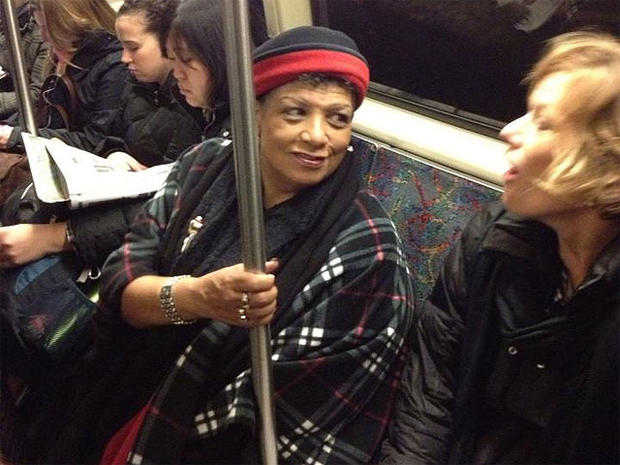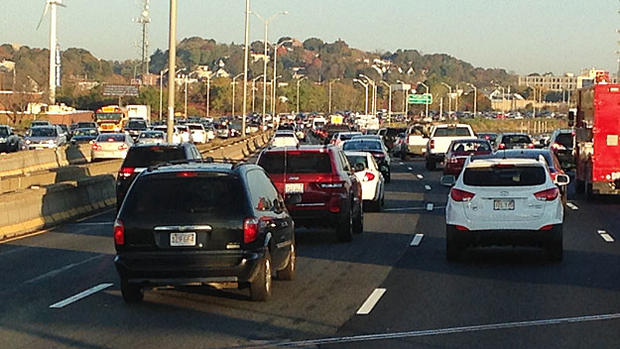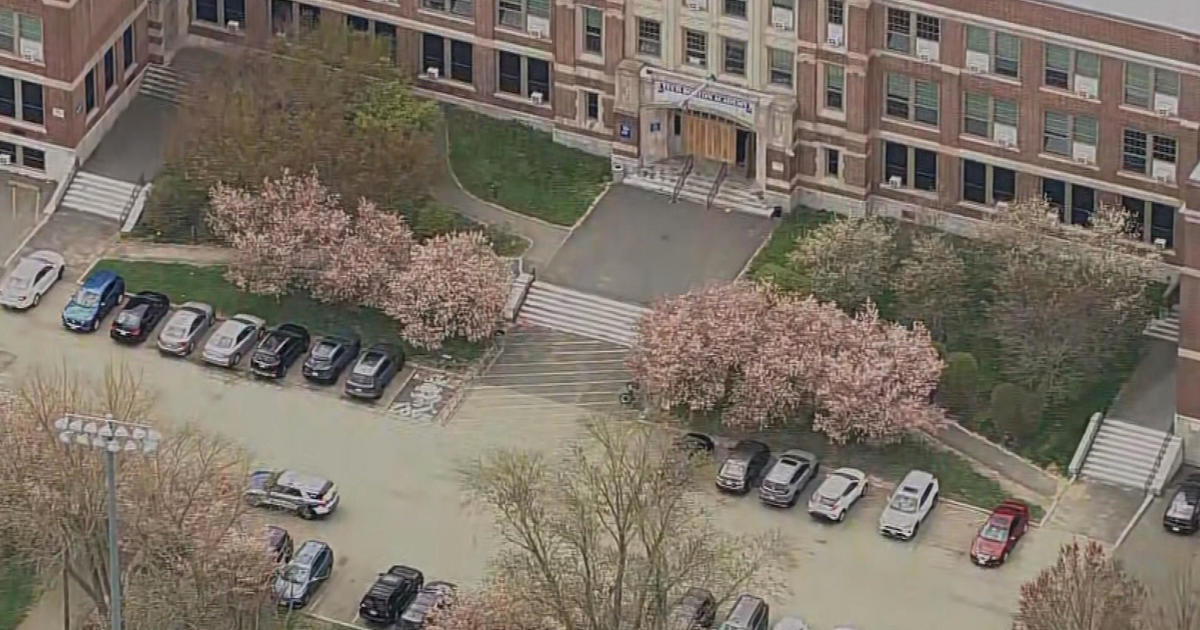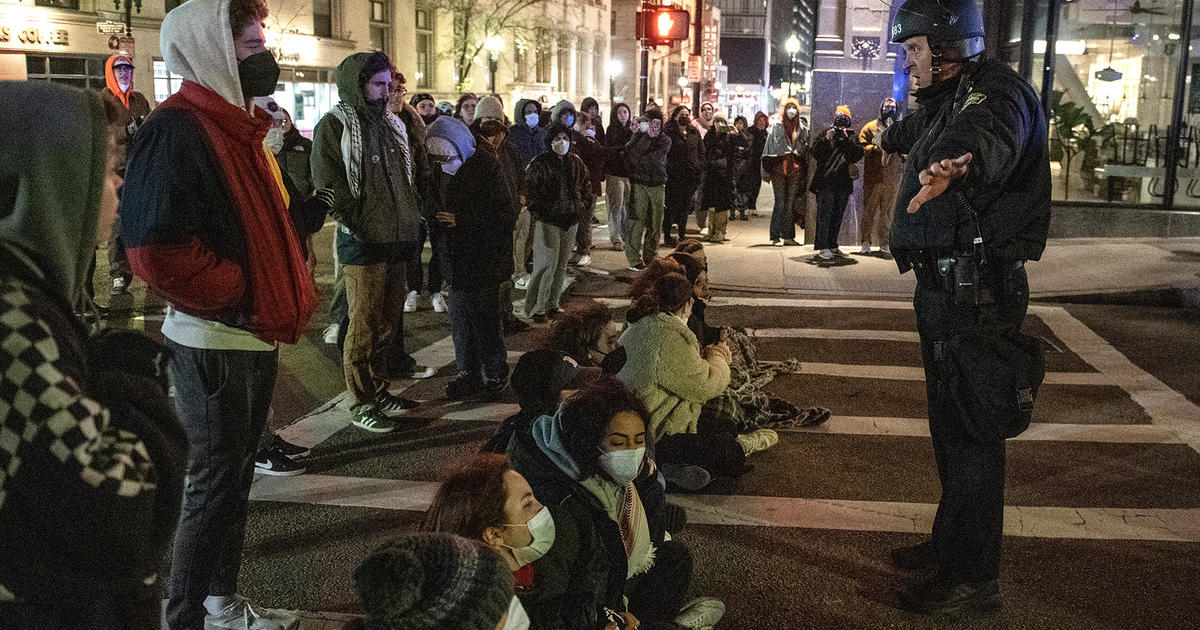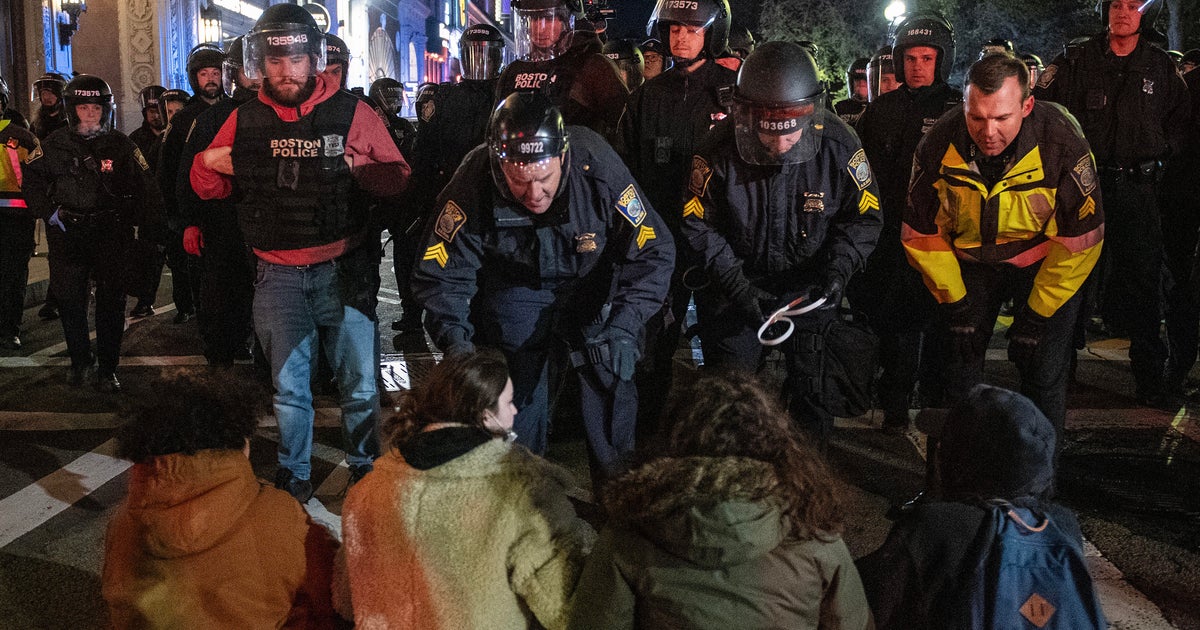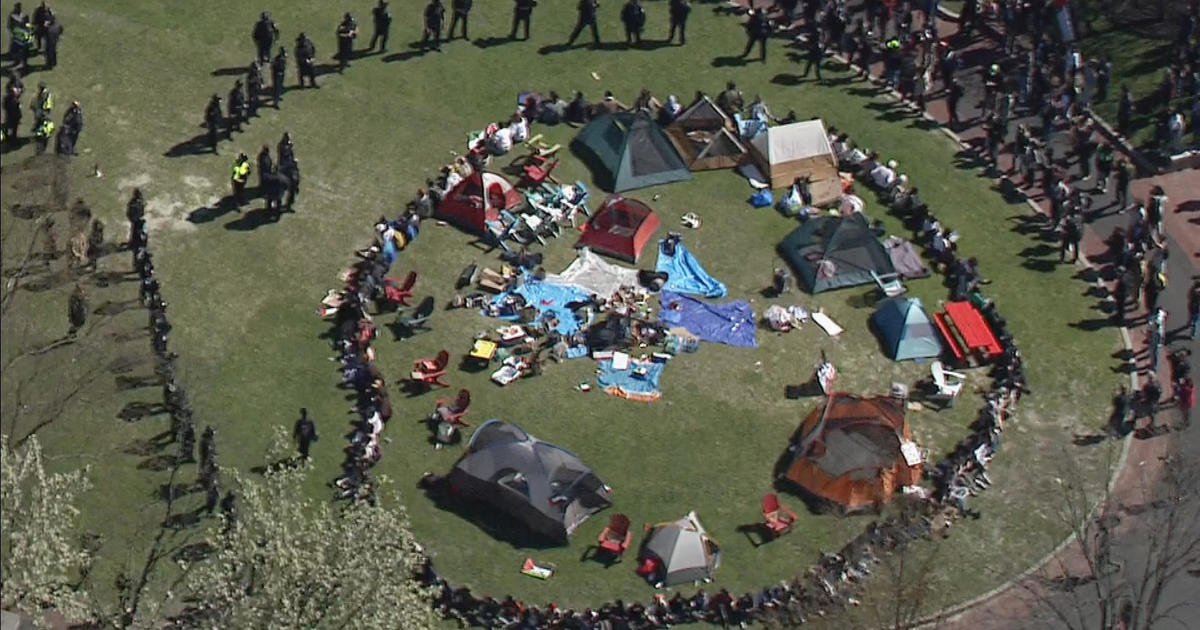Going Nowhere In Boston Traffic: Improving Public Transit, Behavior Behind The Wheel
BOSTON (CBS) - 'Charlie on the MTA' is a still-popular 1949 folk song promoting Walter O'Brien's mayoral campaign in Boston. He finished last. The MBTA, meantime, is working these days to finish first on the choice list for transportation options. Rich DeSilva works in Boston's Financial District and takes commuter rail from Mansfield, reluctantly.
"It's 15 minutes to get to the train station in the morning. Then, it's a good 50 to 55 minutes on the train itself, and that's when it's on time, and usually it's not. So, add 5, 10, 15 minutes to that and then it's another 10 minute walk to work. It's an hour and a half each way. That's three hours of my day," says DeSilva.
Read: Going Nowhere in Boston Traffic – Entire Series
MBTA General Manager Dr. Beverly Scott, who has been at the helm for a year now, says she gets it. "When you talk to customers, reliability, absolutely, OK. At least do what you said what you were going to do because I'm trying to knit my life around this and it makes a big difference if I got there and then you broke down. So, I'm just gonna tell you. The reliability factor, when you're dealing with old equipment like this, is not good. Then, of course, there's the issue of capacity. I call it, there's a service capacity load and then there's what you call crush load," she says.
Going Nowhere In Boston Traffic: Part 7
Dr. Scott says her 'fix it list' can start being checked off, now that she has at least 6.4 billion dollars to work with. The money is part of the transportation overhaul package signed into law earlier this year. "We're gonna replace all of the Orange Line cars," she says. "Not only are we gonna just replace the Orange Line cars, we're actually going to add some Orange Line cars. We're gonna go to a little over 150 cars. We're going to add about 30. Those cars are close to 40 years old and the useful service life on a rail car is 25 years," she says.
The Orange Line now runs on a six minute frequency, according to Scott. She wants that down to four minutes. Procurement on that project hit the street last month. Scott runs down other plans. By the end of next year, she says, assessment work on Green Line signal upgrades should be complete. She says the Green Line is the most heavily used system of its type in the country. It is also the oldest." We've got powers and signals and stuff out there that are from the 1920's, so it's gonna be a massive project." Assessment work on the Green Line should be complete by 2014.
Red Line improvements are sorely needed too, says Scott. A portion of the Red Line dates to 1969. "74 of them are old, old, old and will be replaced the same time as the Orange Line." Seven new platforms are planned for South Station and the Silver Line will be getting what she calls "a midlife." All 32 vehicles will be rehabbed over the next two years.
Dr. Scott says the MBTA is also addressing the city's bus system. "Let me tell you about the bus," says Scott. " I call bus the Mr. Rodney Dangerfield of transit service.They get no respect, but in the United States, they carry most of the passenger trips in North America, "she says. In Boston, Scott says fifteen of the 100 bus routes carry 40 percent of the passengers. They'll be taking a look at those routes as a result. She adds she takes performance metrics seriously. She relies on bus service, too. "The Number One and the Fifty-Five are my chariots, OK? And I stand at the bus stop almost every day and we have the Transit Bill of Rights that's on the pole. And the Transit Bill of Rights starts out with, the first thing that I commit to you is that I'm gonna be reliable. I'm gonna be on time." She adds, however, that right now they're running 71 percent. "We are better than that and we need to do better than that."
Former Transportation Secretary Fred Salvucci applauds the decision to invest in public transit, but says that past neglect and the lack of spending have led to some of the current woes. "The connection of the Blue Line to the Red Line that was supposed to be in place by the year 2000 is only in environmental analysis. The Orange Line vehicles were supposed to be replaced in 1995. That's a long time ago," he says.
Scott, meantime, is touting the MBTA alert system that launched in June. She says it is cutting edge and positive. They have a dedicated staff managing the Twitter account. The Twitter handle is @MBTA.
Scott says we all need to work together and everyone can do their part. "Could we, in fact, in some instances, and I don't want to make it seem all that simple, but can I change my behavior?" she asks.
Going Nowhere In Boston Traffic: Part 8
It turns out behavior behind the wheel is a big component of traffic congestion, and bad behavior is nothing new to Bostonians. In fact, we have built a reputation on it. WBZ traffic reporter Rich Kirkland notes, "People will not put on their signal because, it's like giving information to the enemy. It's like, we don't want to tell the person in that car, I'm not going to tell you where I'm going 'cuz you'll take advantage of me, so I don't tell you," says Kirkland.
WBZ Director of Creative Production who has written a parody about Boston driving, called "The Boston Driving Song", notes it works the other way, too. "I remember driving in Italy, and I remember a guy way, way back in my rear view mirror and he had his left blinker on, and I go, Oh, he's from Boston," laughs Coleman.
Studies show when it comes to traffic congestion, it's not just too many people on the roads, it's how they drive as well. Kirkland's colleague, Rick Simonson, sees it daily. "Everybody around here, don't ask me why, forgets how to drive when it snows. They forget how to drive when it rains. If the sun is out, sometimes they forget how to drive. But rain and snow are the worst," he says.
Then, there's the slowdown to check out what's going on on the other side of the road. Transportation Secretary Richard Davey says there's no question that rubbernecking slows down the commute. "The curiosity factor, as I think you call it on WBZ, and rightfully so. We're creatures of habit and we like to be informed and we're a bit nosy sometimes, I guess," he says.
State Highway Administrator Frank DePaola admits he sometimes shakes his head during peak commutes. "How do people driving between seven in the morning and nine in the morning on most of the highways in Massachusetts, how do you get going fast enough that you can roll your car over? It's unbelievable," says DePaola. And, can we talk about late mergers? That's the Metropolitan Area Planning Council's Eric Bourassa's pet peeve. "The late mergers, yes. Those people who you want to kill sometimes," jokes Bourassa.
Transportation Secretary Davey says there was an interesting study out of Minnesota on early merging. It found people who zip up in the right hand lane and merge at the last second actually help alleviate traffic congestion by as much as 30 percent.
"More traffic is caused when people are trying to merge early as opposed to really zippering, if you will, at the end. But people are too polite. They think it's the right thing to do to move into the lane," he says. Davey also outlines an experiment done by university researchers in Japan back in 2008. They created a shockwave traffic jam. "About a dozen drivers were asked to drive in a circle 30 miles an hour, and they couldn't do it. Just within this circle, where there was plenty of room for 12 cars to drive, someone slowed down because they couldn't keep the pace and then you could see the cars bunch up. There was nothing going on. It's just human behavior," he explains.
Bourassa also says every motorist has a sense of entitlement. "Whenever you're driving, you always think the other people around you are the idiots, right?" he laughs. Coming up next time, the high technology that's being employed in efforts to alleviate traffic gridlock, both in Boston,and on highways around the state.
MORE LOCAL NEWS FROM CBS BOSTON
